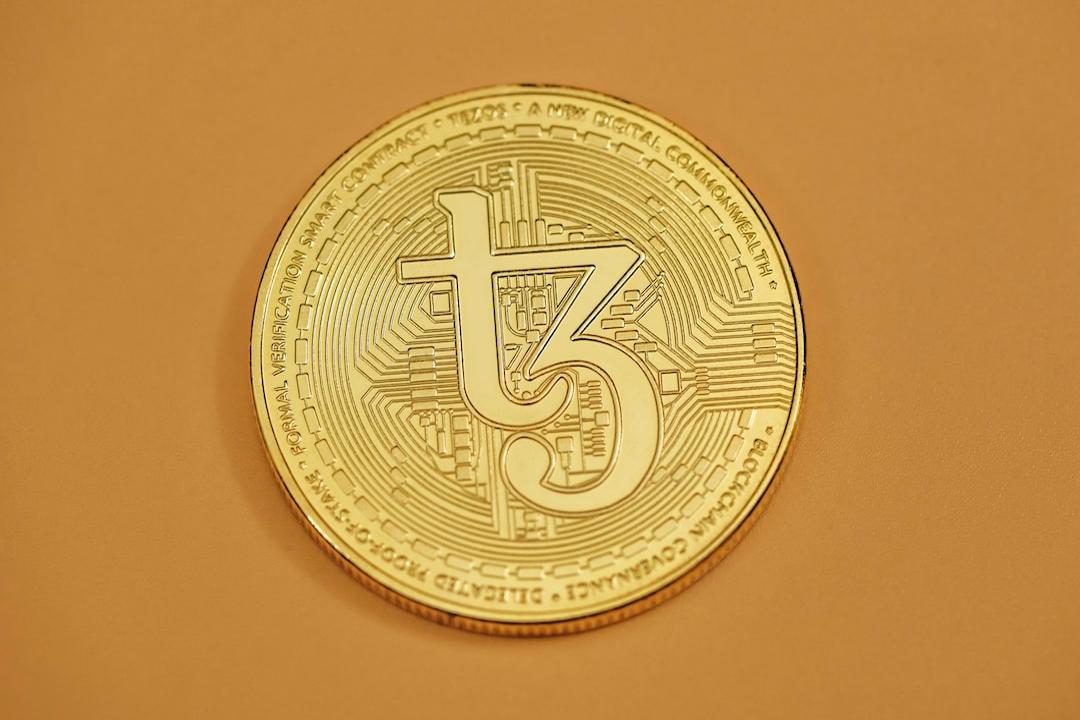The individual behind Green United, who has been accused of participating in an $18 million cryptocurrency mining fraud scheme, is seeking to appeal his case. He argues that the Securities and Exchange Commission (SEC) should be compelled to drop the lawsuit because their claim that he sold securities is incorrect.
Kristoffer Krohn, the defendant, stated in a filing to a Utah federal court on October 24 that the Tenth Circuit Appeals Court should determine whether buyers of the company’s equipment were considered part of a “common enterprise.” The SEC used this argument to allege that the company sold investment contracts under securities laws.
In his bid for an interlocutory appeal, Krohn wrote, “It would be far more efficient and in the interests of justice to have this legal issue presented to the Tenth Circuit and resolved now rather than require Krohn to bear the costs of litigation and trial first.”
Last month, a Utah district court judge, Ann Marie McIff Allen, rejected an attempt to dismiss the SEC’s lawsuit against Krohn, Green United, and its founder, Wright Thurston. Judge Allen stated that the SEC had “adequately alleged” that the company’s “Green Boxes” were sold as unregistered securities.
The SEC has filed lawsuits against multiple cryptocurrency firms in the US, accusing them of selling unregistered securities under the Howey test, a legal standard used to determine whether a transaction is considered a security.
In March 2023, the regulator sued Green United, Thurston, and Krohn, alleging that they had deceived “Green Box” buyers by claiming that the company would mine the GREEN token on the “Green Blockchain,” when in reality, neither of those entities existed. Instead, investors ended up purchasing rigs to mine Bitcoin (BTC), which they never received.
Krohn argued in his appeal bid, “The SEC did not, and cannot, allege that Green Box purchasers had any right or stake in the profits of Green United’s business operations.”
He also noted that the Tenth Circuit has yet to establish a definitive law regarding what constitutes an investment contract in the context of cryptocurrency. Krohn stated, “While the order concluded that the SEC adequately alleged the existence of an investment contract under the facts pled in the amended complaint, reasonable judges might differ given the nascent stage of the technology involved in the instant case.”
If Krohn’s appeal is successful, he will have the opportunity to present his case before a three-judge appeals panel. However, this process could take several months before a final decision is reached.
Last May, Krohn and Thurston argued in dismissal motions that the SEC had no authority over cryptocurrency, claiming that Congress had “considered and rejected” the SEC’s jurisdiction over the industry.

